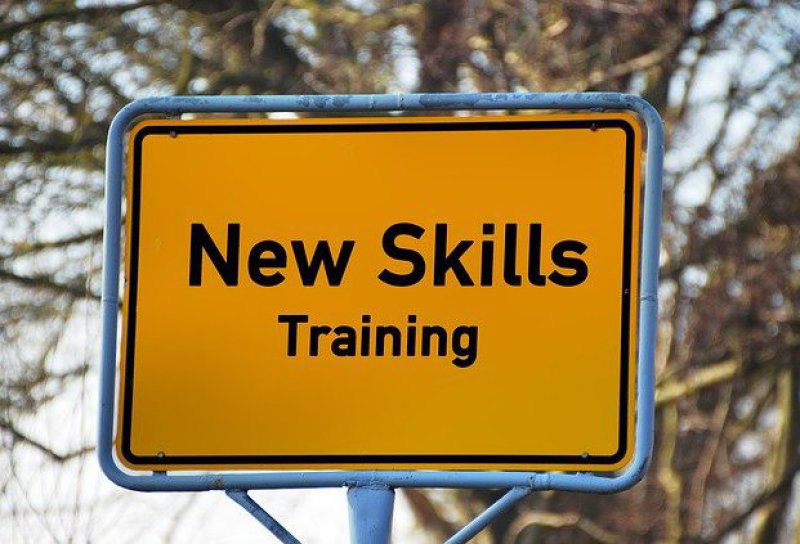

Typists and secretaries provide clear and concise documents and records helping our frontline healthcare professionals and other staff to support and care for NHS patients .
Working environment
As a typist, you'll use word processing systems to create a range of documents. These may be reports, letters, case notes, etc. If you work as an audio typist, you'll listen to dictated information dictated and type what you hear, turning it into a well-presented document potential in a variety of formats.
As a secretary, you'll usually work for a particular senior member of staff or group of staff. Or you may support the work of a particular department. As well as typing, including audio typing, you may :
arrange meetings
take minutes of meetings
manage diaries
deal with enquiries by phone and email
order stationery
keep a filing system
create and update spreadsheets and databases
Secretaries and typists work across the NHS, in clinical and non-clinical areas such as :
hospital departments and clinics of all types
GP surgeries and health centres
the headquarters of an NHS trust
As a secretary or typist, working on a ward or in a clinic or health centre, you'll have a lot of contact with patients and their relatives and carers. You will also have contact with healthcare professionals including nurses and doctors, including GPs or surgeons, for example. Other secretaries/typists may have little or no contact with patients, for example, those in headquarters. They work closely with admin staff and other members of the wider healthcare team.
Entry requirements, skills and interests
There are no set entry requirements for a secretary/typist. However, employers expect excellent keyboard skills. They are likely to ask for qualifications in typing or word processing. Employers also expect a good standard of literacy, numeracy and IT skills. They may ask for GCSEs or equivalent qualifications. You may be able to enter an apprenticeship through an administrative role and through further training and qualifications, progress to more senior secretarial or typing role.
Personal characteristics
As a secretary/typist, you'll need to :
work accurately and methodically
meet deadlines
use medical terminology
pay attention to detail
work in a team but use their own initiative
work with all types of people
be helpful and reassuring if dealing with patients and their families
Skills required :
excellent keyboard skills
IT skills
good spelling and grammar
organisational skills
Pay and conditions
Administrative staff in the NHS are paid on the agenda for change (afc) pay system. For this type of role your expected pay band would be 2. With experience and/or an AMSPAR qualification you could progress to band 3 or 4. This could include progression to supervisory and managerial posts at higher pay bands. Terms and conditions will differ for health organisation outside of the NHS. This could include general practice and pharmacies. Standard hours are generally 37.5 paid hours for a full-time contract. Flexible hours and part-time work are generally available. Depending on the employing organisation, the role could include early starts, weekends and evenings.
Pay examples (hourly rate) :
From 1st April 2020
National Living Wage Adult £8.72
21-24 £8.20
18-20 £6.45
16-17 £4.55
Apprentice £4.15
Living Wage Foundation
Uk Rate £9.50
London £10.85
Band 2 <1 year £9.21 rising to £9.89
Band 3 <1 year £10.09 rising to £10.81
Band 4 <1 Year £11.19 rising to £12.35
Training, development and career progression
Where the role can lead :
With experience, you could become a team leader, coordinating the work of a team of secretaries/typists. With further experience, you could become a manager, responsible for the staff in the department.
You could move into specialist roles such as a medical secretary or personal assistant. Others may move into specialist roles such as finance or medical records. You may also have the opportunity to move into informatics, specialising in electronic data, or into IT.
Your employing organisation will get the training you need to do the job. This includes an induction or introduction to the department/organisation, how to use the IT and phone equipment and the procedures to follow. You may also have training in customer care.
You may be offered the chance to take qualifications such as our AMSPAR accredited courses. These are nationally recognised by the NHS and other health organisations.
AMSPAR accredited/approved qualifications
We are located at:
AMSPAR
Tavistock House South
Tavistock Square
London WC1H 9LN
Use the quick access buttons below;
Contact us today!
If you have any queries or wish to make an appointment, please contact us:
Phone: 020 7387 6005
X (Twitter): @AMSPARUK
E-mail: info@amspar.co.uk







